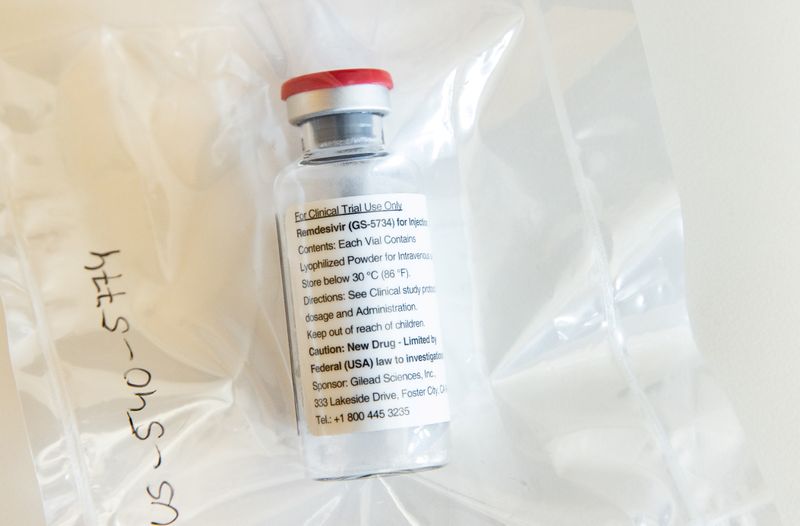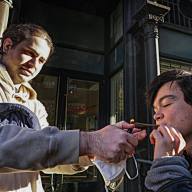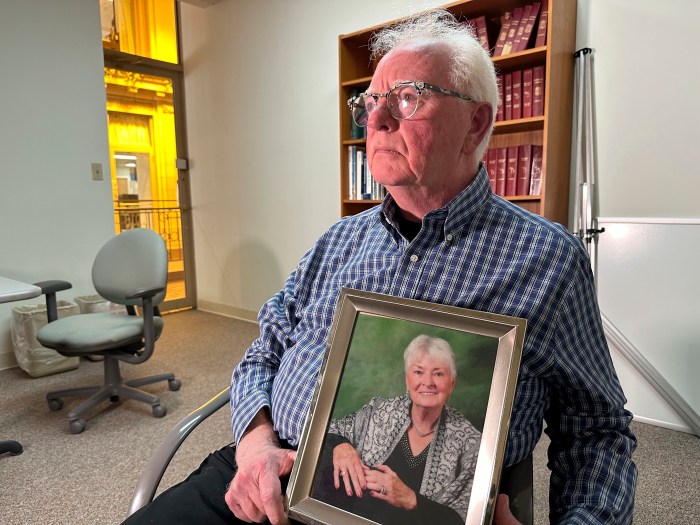LONDON (Reuters) – Britain has adequate supplies of Gilead’s remdesivir for emergency use to treat hospitalised COVID-19 patients, England’s deputy chief medical officer said on Wednesday, though he warned of potential difficulties securing future supplies.
Gilead said this week it had allocated nearly all of its supply of the antiviral to the United States over the next three months, stirring concerns about availability elsewhere, particularly in regions where infection rates are still high.
“I judge us to have adequate stocks,” Jonathan Van-Tam, deputy chief medical officer and lead for the Department for Health and Social Care, told a parliamentary hearing.
He said brand new drugs such as remdesivir were likely to be in “relatively short supply in the first instance” compared with existing generic ones being used such as dexamethasone.
This month, the government said it had 240,000 doses of the widely used steroid dexamethasone in stock and on order after a preliminary trial showed it reduced mortality in the most severe COVID-19 cases.
“I don’t think it will be as easy or straightforward as measures we took for dexamethasone, by virtue of its scarcity and by virtue that it’s a new medicine,” he said of remdesivir.
He did not disclose how many doses Britain has.
The intravenously administered medicine has won emergency-use authorisation in several countries after a clinical trial showed that it helped shorten hospital stays in severe COVID-19 patients.
But Van-Tam emphasised that remdesivir’s impact on mortality was unproven, unlike that of dexamethasone, which he said was now ‘Standard of Care’ for treatment in England.
European Union regulators are expected to give final approval for its use in the region soon, making it the first therapy for the disease on the continent.
(Reporting by Alistair Smout and Josephine Mason; Editing by Kevin Liffey and Emelia Sithole-Matarise)
















